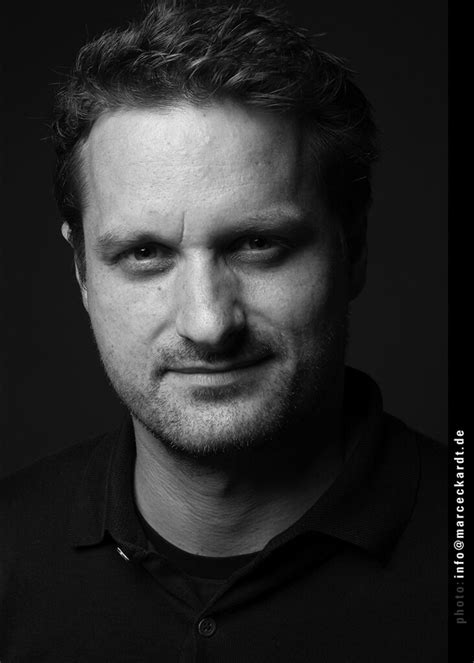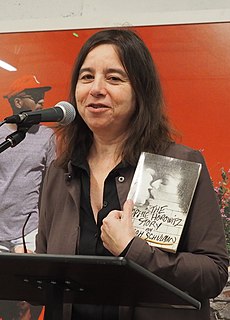A Quote by James Howard Kunstler
In the decades to come, the successful places will tend to be the smaller traditional towns and cities with viable farming hinterlands.
Related Quotes
The fortunate and successful New Urbanists will be the ones who can find local infill projects in small towns and small cities associated with farming, water transport, (perhaps rail too) and water power. I do not believe personally that we will retrofit much of suburbia in the way many people wish we might. The capital won't be there, and I'm rather convinced that the population is headed down - though this will be a lagging effect, because even starving people have sex.
It will be interesting to see if Seoul's urban vocabulary of numerous, ever-present interactive screens will translate to other cities such as Beijing, London, and New York. It will also be intriguing to see if smaller cities and towns adopt aspects of Seoul's screen culture throughout Asia, Europe, and North America.
We have to make some things for ourselves because the conveyer belt from China is doomed (this process is known as import replacement). We have to do transportation differently, because mass motoring and even commercial aviation will soon be over. We have to inhabit the landscape differently because both suburbia and the metroplex mega-city will be obsolete, so we will have to return to a more traditional disposition of things in smaller urbanisms associated with productive agricultural hinterlands.
From space, astronauts can see people making love as a tiny speck of light. Not light, exactly, but a glow that could be confused for light - a coital radiance that takes generations to pour like honey through the darkness to the astronaut's eyes. In about one and a half centuries - after the lovers who made the glow will have long since been laid permanently on their backs - the metropolitan cities will be seen from space. They will glow all year. Smaller cities will also be seen, but with great difficulty. Towns will be virtually impossible to spot. Individual couples invisible.
Fifty percent of the world's population lives in cities. In a couple of decades, 70 percent of the world's population will be living in cities. Cities are where the problem is. Cities are where the solution is, where creativity exists to address the challenges and where they have most impact. This is why, in 2005, the C40 was founded, an organization of cities that address climate change. It started with 18 cities; now it's 91. Cities simply are the key to saving the planet.
In the past, heartland whites with some kind of dream or desire left their towns for cities to become citified. They wanted to get away from religion, from their families, they wanted to come out, make art, have sex, have experiences. But this new crew was something we had never seen before. They were the first generation of suburban Americans. They came, not to be citified, but rather to change cities into places they could recognize and dominate.
Las Vegas suggests that the thirst for places, for cities and gardens and wilderness, is unslaked, that people will still seek out the experience of wandering about in the open air to examine the architecture, the spectacles, and the stuff for sale, will still hanker after surprises and strangers. That the city as a whole is one of the most pedestrian-unfriendly places in the world suggests something of the problems to be faced, but that its attraction is a pedestrian oasis suggests the possibility of recovering the spaces in which walking is viable.

































